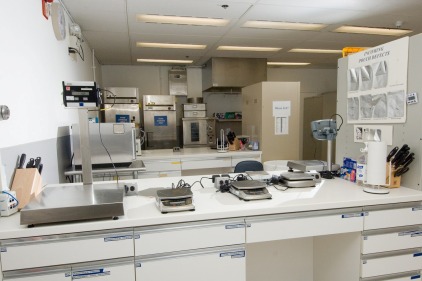DuPont Opens Probiotic Facility in China
DuPont has launched production at its state-of-the-art probiotic blending and packaging facility in China.

In 2011, DuPont purchased a food processing plant north of Beijing and converted it into a new probiotic blending and packaging site to serve dietary supplement and food and beverage customers globally and more specifically China and the Asia Pacific region. The investment is part of a global multi-year capacity expansion program for cultures and probiotics in the U.S., Europe and now in China.
“Probiotics is a fast-growing segment of our business and the industry is experiencing double-digit growth rates annually around the world and in China,” said Fabienne Saadane-Oaks, vice president Health and Protection, DuPont Nutrition & Health. “As we continue to support the world’s growing population, this expansion allows us to custom blend and package high-quality probiotic products for our customers in the fast-growing dietary supplement and food and beverage industries close to our customers, where we want to be.”
The new facility will allow customers to source ready-to-market probiotic formulations consisting of Danisco HOWARU premium and FloraFIT custom probiotic brands.
“This expansion is a further reinforcement of the DuPont long-standing commitment to China, our customers and consumers. We are in action to help address some major challenges facing the world, among those is the need for nutritious and quality food, resulted from population growth and urbanization,” added Tony Su, president, DuPont Greater China.
The probiotic formulations offer unique improvements for digestive and immune health and other well-being benefits for the dietary supplement, dairy and beverage markets. Probiotic cultures will be sourced from the company’s North American and European sites. The new facility in China will be able to custom blend the ingredients to meet the requirements of local customers. China is already a significant market for the YO-MIX dairy cultures from the DuPont Danisco range.
According to industry estimates, in 2012 the market for probiotics globally totaled more than $32 billion. That total is expected to increase to $45 billion by 2018. More than 90% of the total is attributed to food, beverage and dietary supplements.
Looking for a reprint of this article?
From high-res PDFs to custom plaques, order your copy today!





